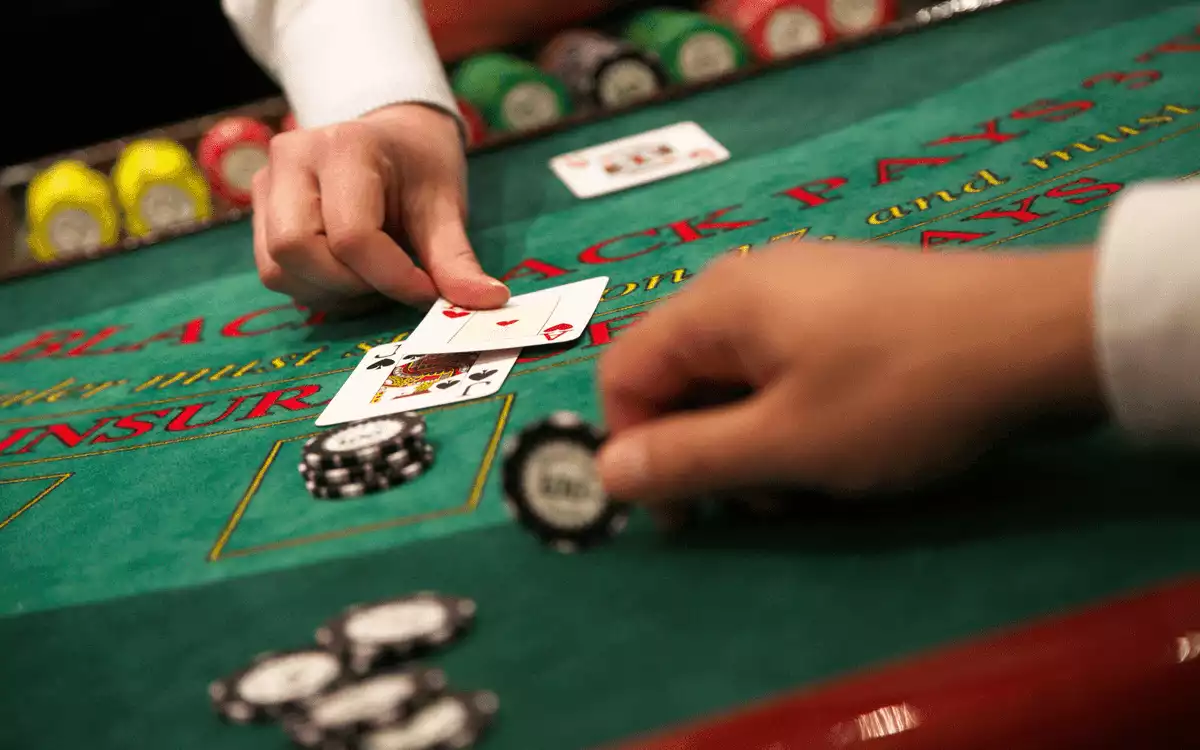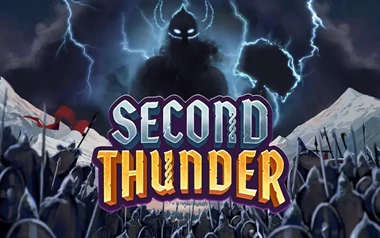Blackjack, also referred to as twenty-one and pontoon is a card game that is played in casinos all over the world. Although its origins are contested, it is undoubtedly connected to a number of French and Italian gambling games.
In Blackjack players want to achieve a total card value that is greater than the dealer, against whom all bets are placed without going over 21, known as going 'bust'. Aces are treated as either 1 or 11, face cards as 10, and the remaining cards are treated at their index value. A natural or blackjack is a hand that counts 21 on the first two cards, which must be an ace and a 10 or face card. Suits do not matter in Blackjack because it is all about the numbers.
In today’s article we will be unlocking and exploring the exciting history of this seemingly simple, yet iconic card game, and bringing you some interesting blackjack facts, so continue reading to learn more.
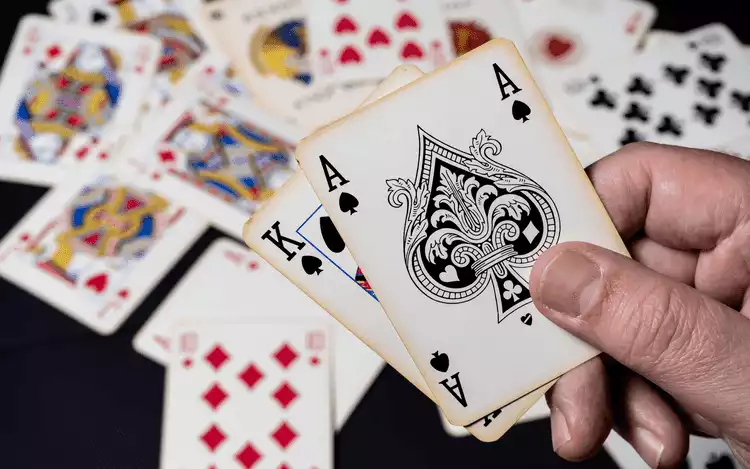
Blackjack Game Cards
The Origin of Blackjack
Like many other games, the advent of Blackjack has confounded researchers for a very long time and is still the subject of intense dispute today. Gambling games were often first played in alehouses and back alleys before gaining more mainstream popularity with the rich and well-to-do, hence the difficulty in pinpointing their origins
Although there has not been a certain consensus to date, most people assume that the game probably started in French casinos around 1700 under the name Vingt-et-Un, which is French for twenty-one. The majority of people think it was probably inspired by the popular French card games Chemin de Fer and French Ferme at the time.
Another variation of it, known as "One and Thirty," was quite popular in Spain. The goal of the Spanish version was to get to 31 using no fewer than three cards.
More interestingly is the theory that Blackjack may have been created by the Romans. Although it is not proven, the Romans were well known to love placing a wager on a variety of games, and as they conquered most of the known world at the time, had access to influences from various cultures. Instead of paper cards, it is thought that the Romans might have used wooden blocks painted with various numerals to play this game.
So, while the origins of Blackjack remain mysterious, there are various strong theories, and the answer may just be an archaeological dig away.
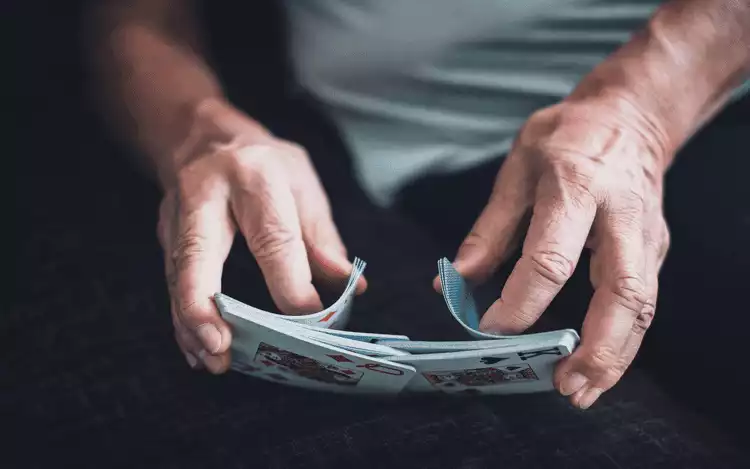
Shuffling Blackjack Cards
How Blackjack rose in popularity
During the 17th century, the tale Eleanor Dumont proliferated, and this is where we can start to see the first origins of how Blackjack might have risen in popularity; particularly how it moved from Europe to America. She emigrated to America after being born in France. She worked as a competent dealer and travelled before opening a casino in Nevada City, California. The location was then named after the game she played. Vingt-et-Un. Simply because Eleanor was regarded as a rarity among card dealers, players came from all over the country to play against her - or so the story goes.
Moving to confirmed historical events, and for us to see Blackjack start to take shape as we know it today, we have to return to France, this time in the 18th century. The royal courts and elites of France, including Napoleon Bonaparte and the mistress of King Louis XV, enjoyed vingt-et-un.
In the late 17th and early 18th centuries, French immigrants brought the game to North America, where it gained popularity. The first legally sanctioned banked game was played in New Orleans. The game developed into the standard casino game that we know today after Nevada was granted the state legalisation of gambling in 1931 meaning that the game could be played in reputable establishments for the first time.
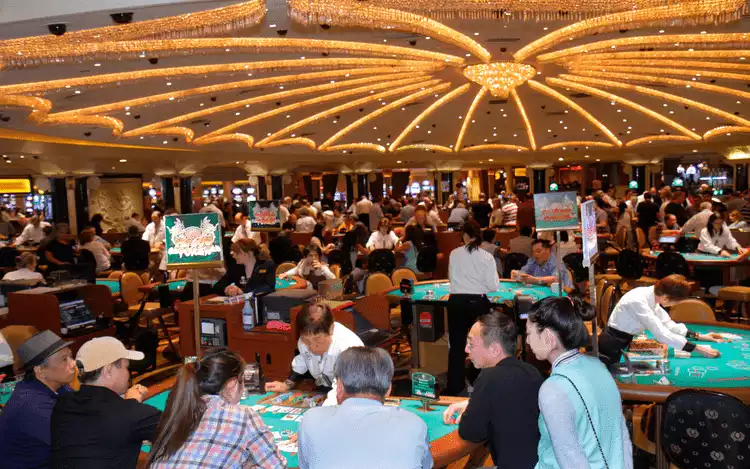
Casino Table Games
Present-Day Blackjack
The game was still referred to as "21" when first introduced in Nevada. Some casinos then provided a unique wager to entice more players to the game: The Jack of Spades or the Jack of Clubs along with the Ace of Spades make up a hand that pays 10-to-1 odds on the lucky player's wager. Although casinos eventually stopped offering this odd payoff, the game's current name of "blackjack", aka "black + jack" has persisted and the game we know and love today was officially born.
The game was introduced to the world during the era of European colonisation and the expansion of the British Empire, and it is currently played in more than 140 countries, making it one of the most well-known casino games in existence.
Blackjack was not created by a single person at one specific moment in time, that much is obvious. Contrarily, blackjack has developed over many years and, thanks to the Internet, it still develops and expands today. The online casino industry has created numerous variants of the game, which has kept this centuries-old game alive and appealing to generation after generation of players.
Modern casino operators have been instrumental in creating innovative, and some may argue, more enjoyable concepts of the classic blackjack game such as live blackjack with real dealers. Live Blackjack allows players to experience authentic blackjack from the comfort of their own homes, on any device, and from anywhere in the world.
So, from somewhat mysterious origins in the early history of blackjack, blackjack has bloomed into one of the most iconic and staple games found in land-based and online casinos across the globe.
